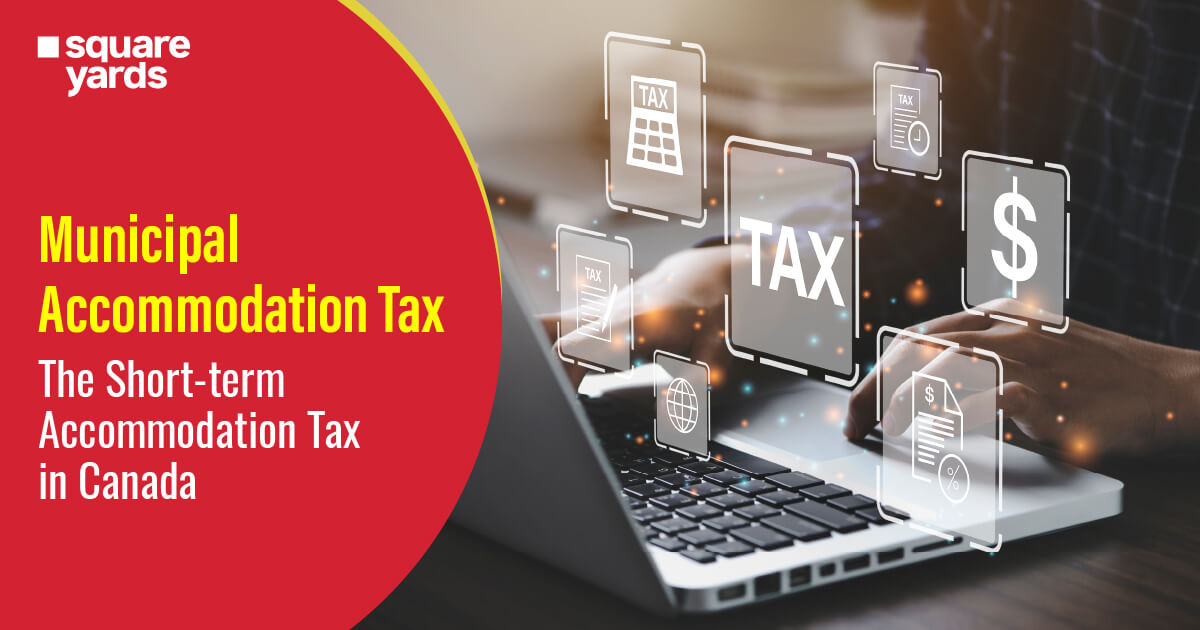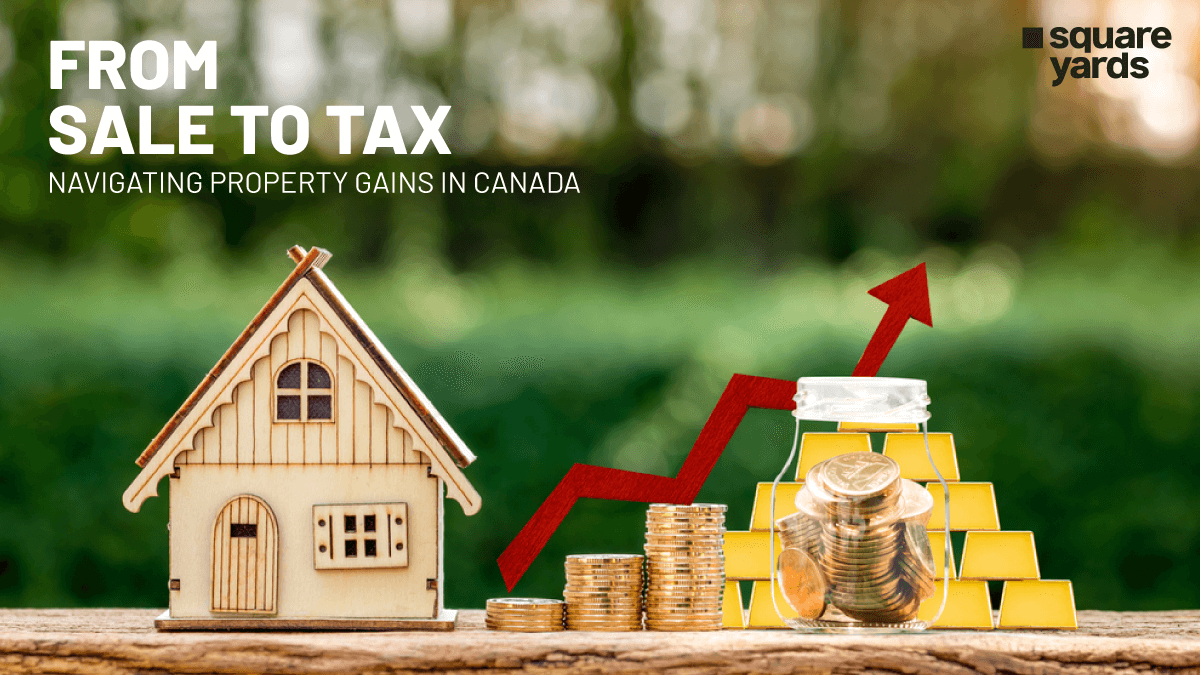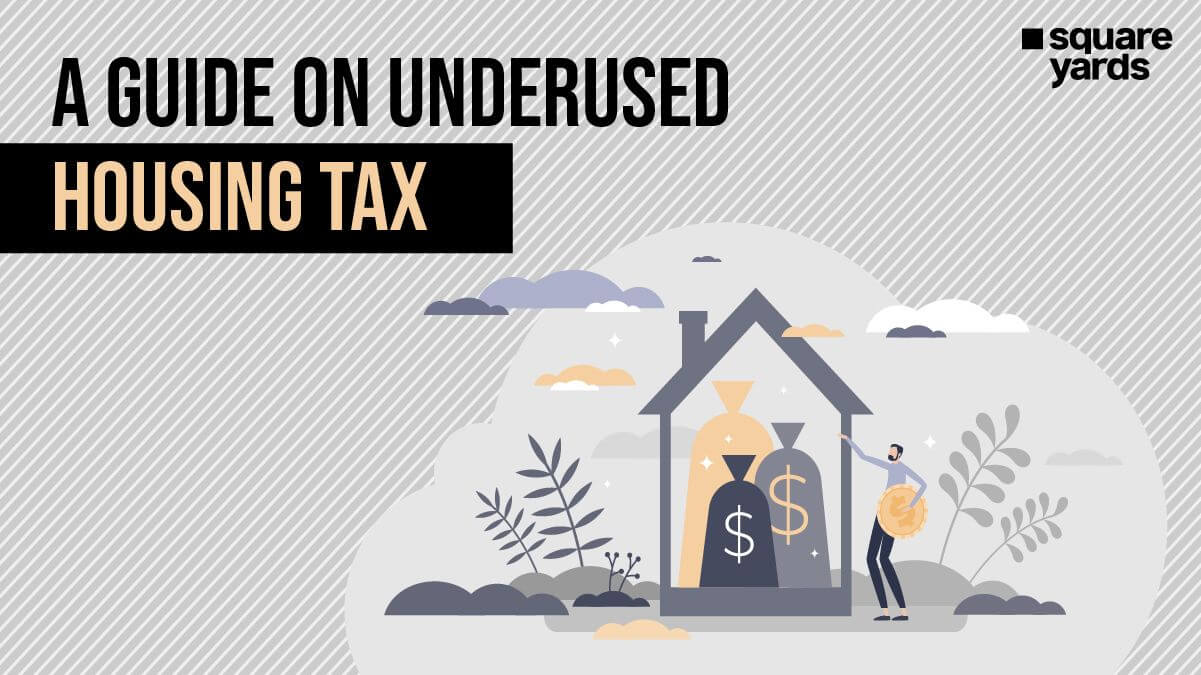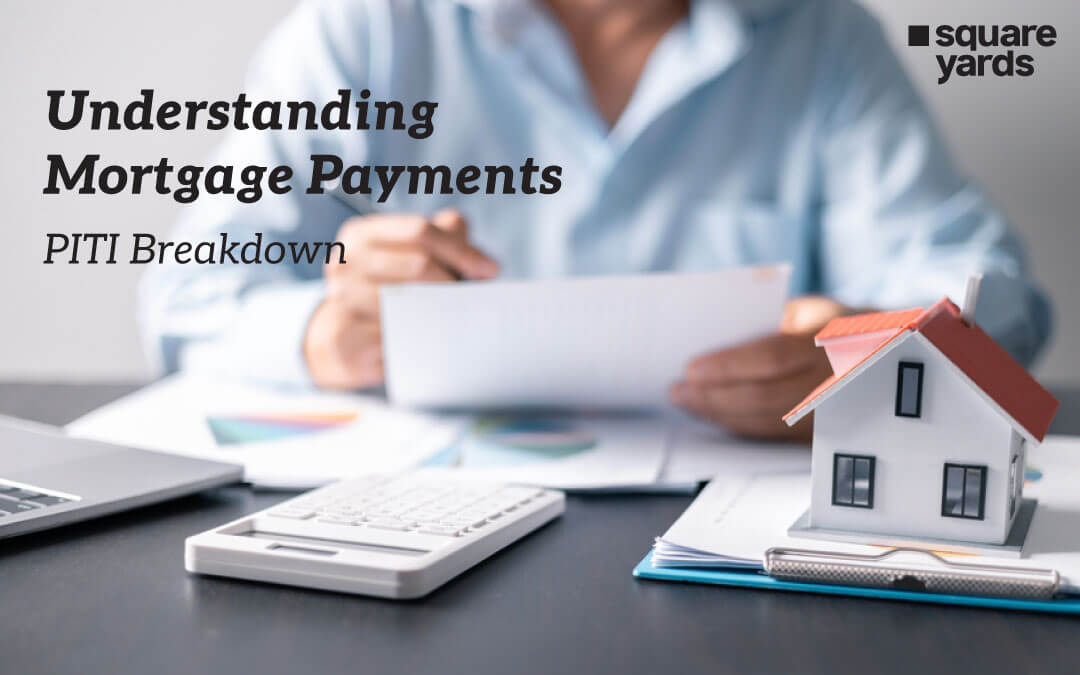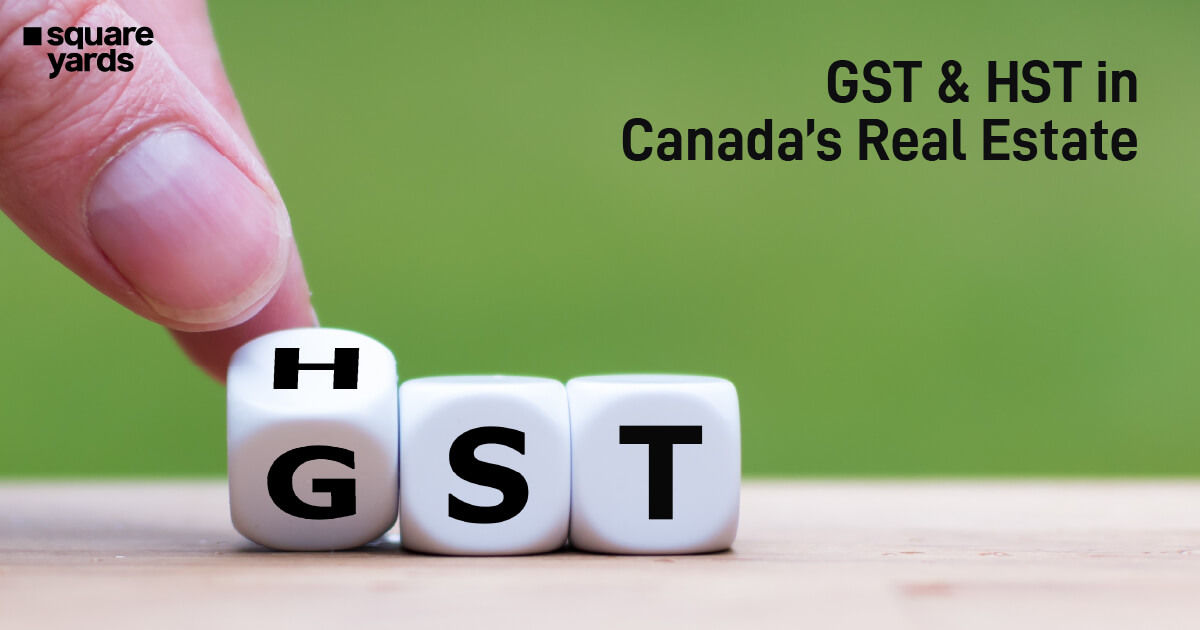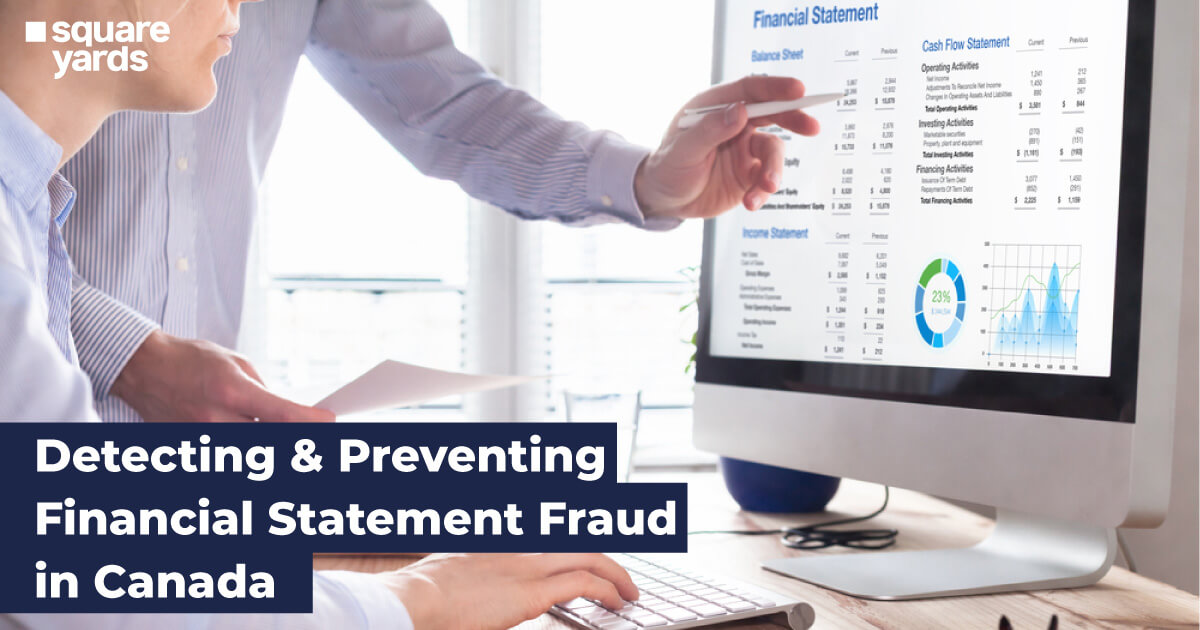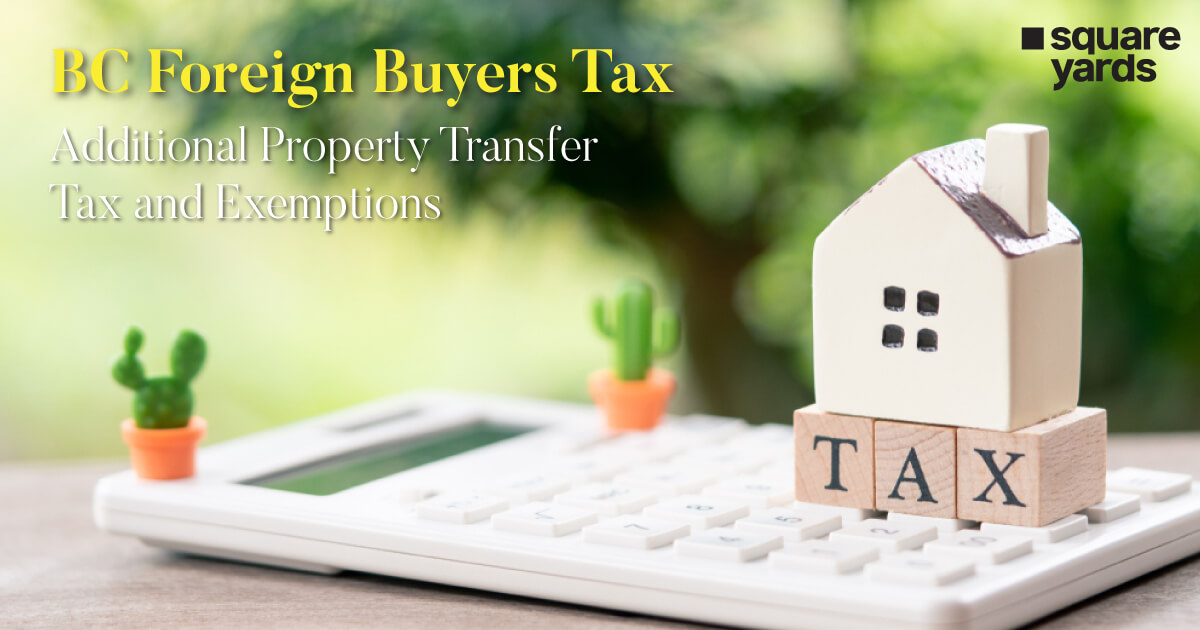The Municipal Accommodation Tax in Canada is a hotel tax that is becoming increasingly popular among Canadian municipalities. MAT is a tax on the accommodation of short-term rental properties such as hotels, motels, bed and breakfasts, and other similar establishments. It is imposed on the guest during check-out and collected by the hotel or other accommodation providers towards the end of the stay.
In addition, the tax is used to fund tourism and other municipal initiatives. It is important to note that the MAT is not a federal tax but is implemented and managed by each municipality. While the tax rate and implementation vary from one municipality to another, it is generally a tiny percentage of the total accommodation fee. MAT is becoming increasingly popular in Canada to generate additional revenue for municipalities while creating a more competitive tourism industry.
This blog will walk you through Municipal Tax in Canada, its charges, exemptions and administrative authorities.
Municipal Accommodation Tax in Canada
Municipal Accommodation Tax (MAT) is a tax levied by the municipal government on visitors who stay in hotels, motels, inns, and other types of accommodations within the municipality. The revenue generated from the tax is used to cover costs associated with tourism promotion, destination marketing, and hospitality services. MAT is generally applied to the net room rate and is remitted to the municipality by the accommodation provider.
The Authority To Charge The Municipal Accommodation Tax in Canada
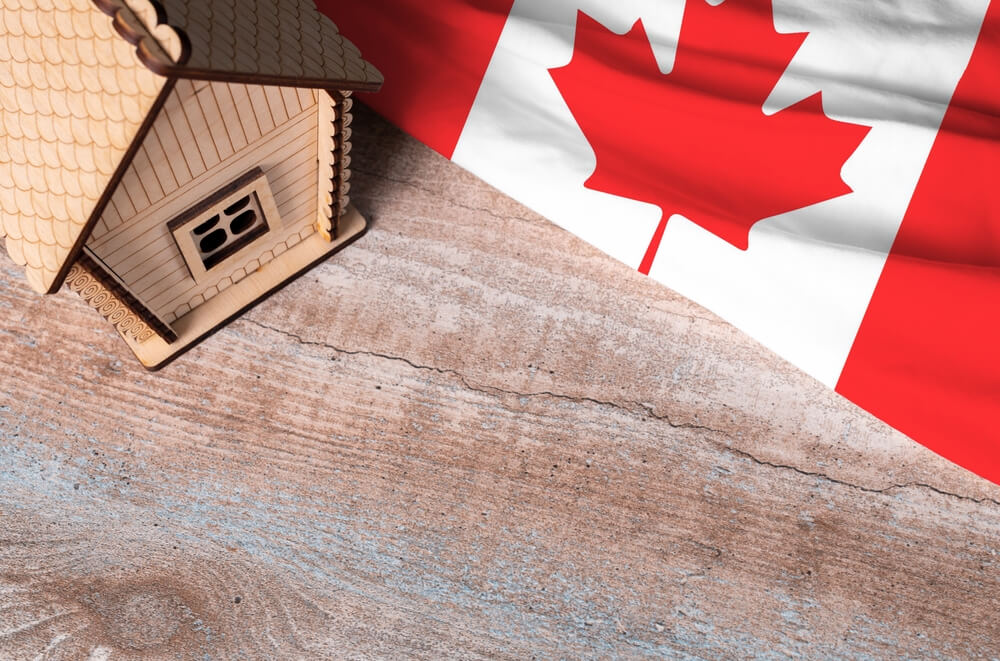
The authority to charge the Municipal Accommodation Tax in Ontario is typically given to municipalities by the provincial or territorial government. The municipality typically sets the tax with restrictions such as a maximum rate or a rate for a specific type of accommodation that the province or territory may impose.
Implementation of MAT on the Government Level
The municipal and provincial governments can implement a Municipal Accommodation Tax in Ontario. In some provinces, the municipal government must first receive approval from the provincial government to implement the tax. However, the federal government must have the authority to impose such a tax.
Application of Municipal Accommodation Tax in Canada?
Municipal Tax applies to all accommodation providers in Canada that offer short-term rental accommodations within a municipality, regional district, or any other area that has passed an accommodation tax. This includes hotels, motels, bed and breakfasts, vacation rental properties, and other similar lodgings.
Application of MAT to the Purchase Price of Accommodations

The Municipal Accommodation Tax (MAT) is a tax imposed on the purchase price of accommodations and collected by the municipality or local government. The rate of the MAT is set by the local government and is typically between 3-7%. MAT is applied as an additional charge to the purchase price of accommodations such as hotels, motels, bed and breakfasts, and other short-term rentals. The revenue collected from the MAT is used to fund local tourism and hospitality initiatives.
Is Municipal Accommodation Tax Mandatory or Optional?
The payment of the Municipal Accommodation Tax is not optional. It is a mandatory tax for all accommodations in the municipality that are rented to guests.
MAT Exemption For Room Rentals with Businesses that Exceed 30 Days
The answer to this question depends on your area’s specific municipal tax regulations. It is best to check with your provincial government to determine their exact regulations regarding long-term contracts for room rentals with businesses that exceed 30 days.
Regional Municipalities Tax Collection on Behalf of Lower-tier Municipalities

In Canada, the collection of regional municipalities tax on behalf of lower-tier municipalities is conducted by the provincial governments. The provincial governments collect taxes through their taxation systems. Depending on the province, the taxes may include property, sales, fuel, income, and other taxes. The regional municipalities then distribute the collected tax revenues to the lower-tier municipalities according to the agreements they have established with the province. The taxes are typically used to fund services such as roads, policing, transit, and education.
HST Collection on a MAT in Canada
HST Collection on a Municipal Accommodation Tax in Canada is a collection of information about the taxes imposed by Canadian municipalities on accommodation services. The collection includes information about the taxes imposed by each municipality, the types of accommodation services subject to taxation, the rates and exemptions, and the rules and regulations governing the tax. This also includes information on how to register for the tax, how to file a return, and how to collect the tax. The collection is intended to provide municipalities with the information they need to administer the tax properly and help accommodation businesses understand their obligations when collecting and remitting the tax.
Options for Specifically Collecting Funds Raised by a MAT in Canada
Refer to the information below to know more about the options for specifically collecting funds raised by a municipal tax in Canada:
-
- Establish a dedicated bank account: Set up a separate account for funds collected from the Municipal Accommodation Tax (MAT). This allows more accurate tracking of funds collected and makes reporting on the funds collected easier.
- Utilise a payment processor: Utilise a payment processor such as PayPal or Stripe to collect funds from the MAT. This allows for quick and secure processing of payments.
- Automate the collection process: Set up an automated process to collect funds from the MAT. This ensures that funds are collected promptly and that the process is efficient.
- Utilise an online platform: Utilise an online platform such as Eventbrite or Ticketmaster to collect funds from the MAT. This allows for efficient tracking of funds and easy reporting.
- Utilise a third-party payment processor: Utilise a third-party payment processor such as Authorize.net or Squareup to collect funds from the MAT. This, in turn, allows for the secure and efficient processing of payments.
Opportunities For The Governance Training For RTOs re: MAT in Canada
The information below will help better understand the opportunities for Governance Training for RTOs re: MAT in Canada.
-
- The Canadian Association of Public and Private Regulatory Agencies : CAPRA offers training for RTOs on MAT governance, including best practices for effective governance, tools, and resources.
- Regulatory Bodies Network : RBN offers webinars, workshops, and conferences on MAT governance to help RTOs understand the legal and policy frameworks that apply to MATs in Canada.
- The Canadian Centre for Governance : CCG offers a range of online training programs on MAT governance, including courses on legal compliance, risk management, and financial reporting.
- The Canadian Association of Regulatory Agencies : CARA provides quarterly webinars on MAT governance topics, including best practices for management, operations, and compliance.
- The Canadian Institute for Regulatory Compliance : CIRC offers in-person seminars and workshops on MAT governance and related topics.
- The Institute of Governance and Public Administration : IGPA provides webinars and podcasts on MAT governance topics, including legal frameworks and corporate governance.
- The Canadian Institute of Management : CIM offers online courses and seminars on MAT governance and related topics, including risk management and financial reporting.
To Sum Up
The Municipal Accommodation Tax is imposed on individuals and businesses that provide short-term accommodations, such as hotels, motels, bed and breakfasts, and vacation rentals. The tax is usually collected from customers upon checkout, and the proceeds are remitted to the municipality. MAT can also be referred to as tax in hotels. The tax usually generates additional revenue for the municipality and helps cover the costs of providing services to visitors. MAT is not exempted, even if the duration is less than one month, as it is a mandatory tax levied on such cases.
Frequently Asked Question (FAQs)
Municipal accommodation tax (MAT) is a 3-5% tax on all short-term rental accommodations in Ontario. This tax funds tourism marketing and other projects that will benefit the local economy. This applies to accommodations rented for less than 28 consecutive days. This tax is collected by the accommodation provider and remitted to the municipality where the accommodation is located.
MAT stands for municipal accommodation tax in Canada, levied on short-term rental accommodations.
The municipal accommodation tax (MAT) you pay on rent in Ontario depends on the municipality or region you are renting in. Some municipalities have a MAT of 3%, while others charge up to 8%. You should contact your local municipality to find out the exact amount of MAT you will be required to pay.
Municipal accommodation taxes are calculated based on the total value of the accommodation, including any fees for services or amenities. The local government generally establishes the tax rate, which can vary from one municipality to another. Generally, the taxes are a percentage of the total accommodation cost, ranging between 3-5%. What is municipal accommodation tax in Ontario?
What does MAT mean in tax?
How much municipal accommodation tax do you pay on rent in Ontario?
How is municipal accommodation tax value calculated?

